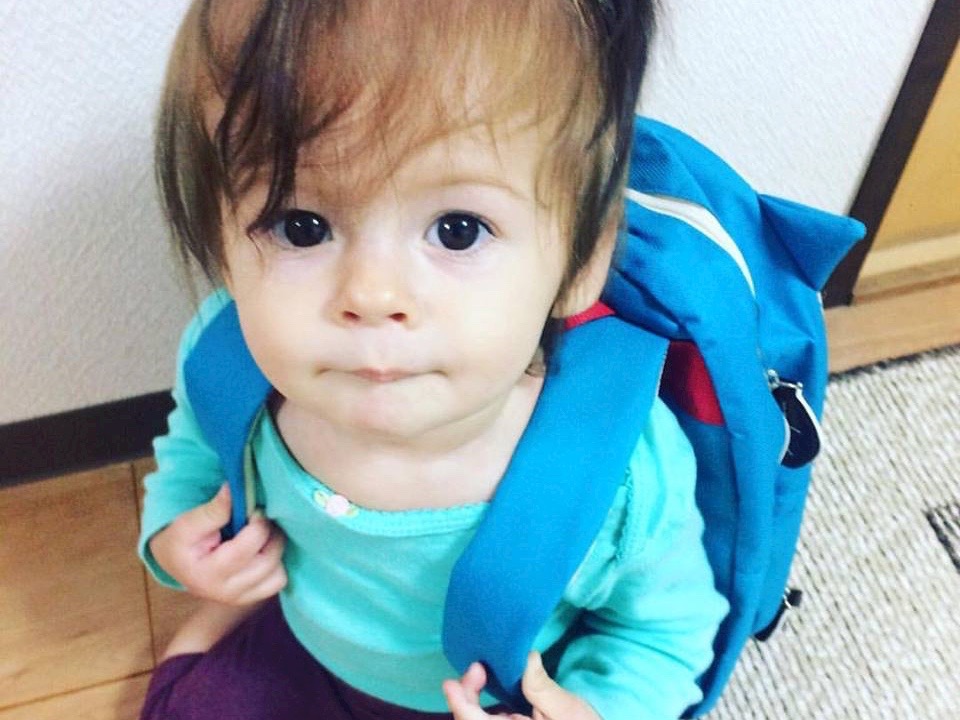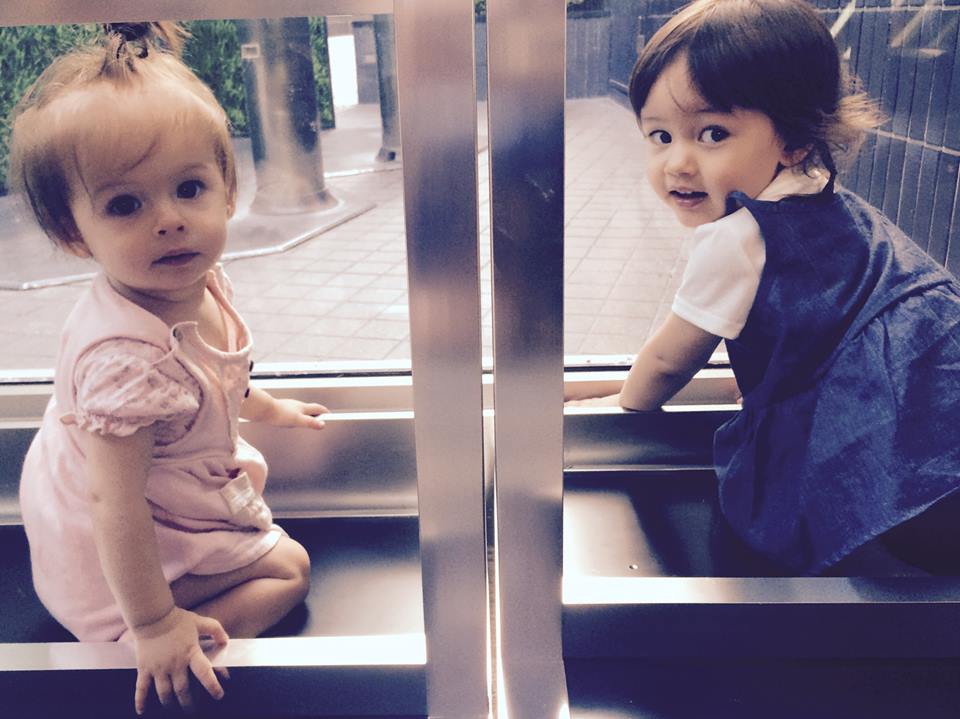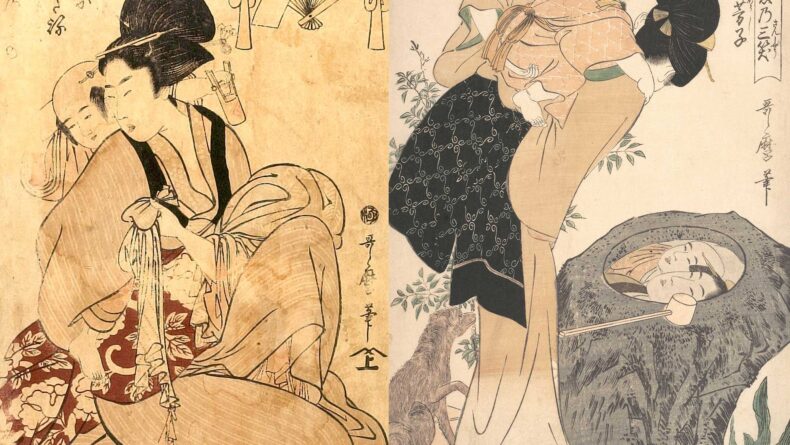Finding Flexible Childcare Options in Tokyo
Here are some choices for day care in the city
With the absence of lifelong friends and doting grandparents to call on, many expat families face the challenge of finding childcare help. The how-to of entering full-time day-care is often discussed, but budget-friendly, flexible solutions are less obvious. Here are some possible options that won’t break the bank.
Shortly before my daughter’s first birthday, I was set to return to part-time work. This meant I had to reach into the depths of my “too-hard basket” and consider delving into the world of Japanese daycare centers. Most people with young children in Japan would be well-aware of the challenges associated with this. Facilities are in great demand and low supply, private ones are expensive (and in some cases unregulated) and public services have a strict entrance process. The situation varies by city, but I was once told that where I live, 50 percent of families considered high priority (based on work and family situation plus a number of other factors) weren’t able to find a spot in one of their local public care centers.
It’s hard enough for family members working full-time jobs on a regular schedule, but as a part-time worker with an irregular schedule I knew that I’d be considered low priority for a coveted spot in a public daycare. Given the demand, I also wasn’t sure whether I’d be able to find a private center where I could pick and choose hours to suit my schedule. Call me a pessimist, but I was resigned to either forking out big bucks for a regular nanny or putting my child into private daycare full-time — unnecessarily.
And then a friend brought to light the existence of “temporary daycare” (ichiji hoiku, ichiji atsukari or tokutei hoiku)
Ichiji Hoiku: Temporary Daycare

Ichiji hoiku (一時保育)is temporary or short-term daycare, meaning daycare provided on an hourly or daily basis. Flexibility ranges from same-day bookings for the specific hours you choose, to a fixed schedule of full, specific days each week.
Who provides this service?
First a bit of background. In Japan, there are many different types of daycare facilities that are subject to different levels of public supervision. While there are several confusing categories and titles for each that seem to vary by city, they can basically be broken into the following three types:
- City-operated daycare centers (ninka hoikusho) that require application via your city office to enter. Each city has their own process for accepting applications, usually on a priority-ranking system. Families are charged prices set by the city that are based on taxable income.
- Private daycare centers that are certified by the government and may be either operated entirely by a private organization, or by a private organization in partnership with local government (nintei hoikuen). Users apply to, and pay, the daycare directly — although government subsidies might be available depending on where you live.
- Unauthorized private day care centers. Beginning in 2000, the government made changes to the system that allow private businesses to provide day care services without certification in order to address the shortage of providers.
Unauthorized private day care centers might be your best best in finding flexibility. Some, often called “baby hotels,” even offer round-the-clock service and last-minute booking. However, they do tend to be quite expensive. Also, given that they are unregulated, you may want to be sure of their reputation before entrusting your child into their care. That being said, they are relatively simple to enter and use and — particularly around Tokyo — often have information in English and English-speaking staff.
Ichiji hoiku, however, usually refers to casual day care offered by some public and certified private facilities in addition to their full-time service. Visit your ward office to find out which certified day care facilities in your area provide ichiji hoiku.
In the case of public facilities, there are usually some restrictions as to usage, for example you may only be able to use this service a certain number of days each week or month, and the hours are often more limited than full-time users. You usually have to give a reason for using ichiji hoiku, such as work, sickness or simply that you are just in need of a break. In public day cares where demand for ichiji hoiku is high, those with jobs may be prioritized over others.
Services offered by certified private facilities tend to be more flexible and usually there are no restrictions aside from availability.
What are the costs?
As you might expect, certified-private daycare centers tend to be more expensive than their public counterparts. Fees are completely dependant on the facility, but are usually charged per hour and ¥800 to ¥1,000 per hour seems to be about average (although there are some in Tokyo that charge as low as ¥500 per hour).
Fees at public facilities will likely be consistent within your city. In my case, the standard rate is ¥2,500 (without food) or ¥3,000 (with food provided) per day, regardless of how many hours used.
I’m in, how do I register and use this service?

One huge benefit of ichiji hoiku is that usually (again, depending on where you live) it’s a very simple process to get started.
First, call up the hoikuen to inquire about their ichiji hoiku service and their current availability, as well as any entry criteria (such as minimum age and minimum developmental milestones such as walking). If they have availability, they’ll invite you to come and collect an application form. When you return with the completed paperwork (and any applicable joining fee), they will usually want to sit down and discuss your child and the “rules” of the day care — including the specific items you will need to prepare and send with your child. That’s it. You’re registered and ready to go!
After that, you can book days or hours as needed by telephone, often as late as one day prior. One big drawback of ichiji hoiku, however, is that being registered with a facility does not guarantee you a spot on any given day (although many facilities do allow you to book a regular schedule) or well ahead of time. And you can always register at more than one day care in your area to hedge your bets.
Other Options to Consider
- Silver Human Resource Centers
The Silver Human Resource Center (シルバー人材センター、Shiruba jinzai senta) is a clever organization that acts as a public employment agency for retirees over 60-years-old. Many services are provided for very reasonable prices via the centers, including babysitting (usually for less than ¥1,000 per hour). To find out if there is a Silver Human Resource Center in your city, visit the website (in Japanese but copy and paste the URL into Google Translate to help you navigate to the location search page). - Family Support Center
The Family Support Center (ファミリーサポートセンター, famiri sapoto senta) is a voluntary organization established by the Ministry of Health, Labour and Welfare. Services vary by city, but usually include short-term babysitting at a volunteer babysitter’s house and school or daycare pickup and dropoff. Volunteers are usually provided with training and the service includes government-funded insurance. Costs vary but are often around ¥700 an hour. For those that live in Tokyo, a list of Family Support Centers in each ward can be found here.
















Leave a Reply